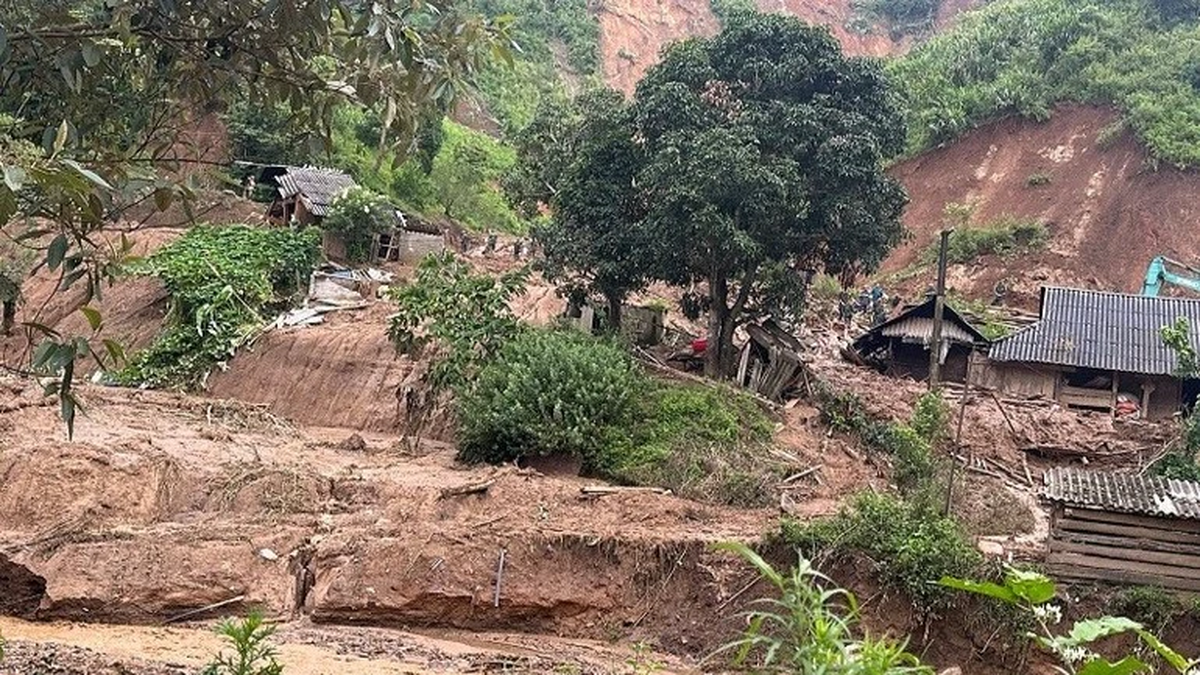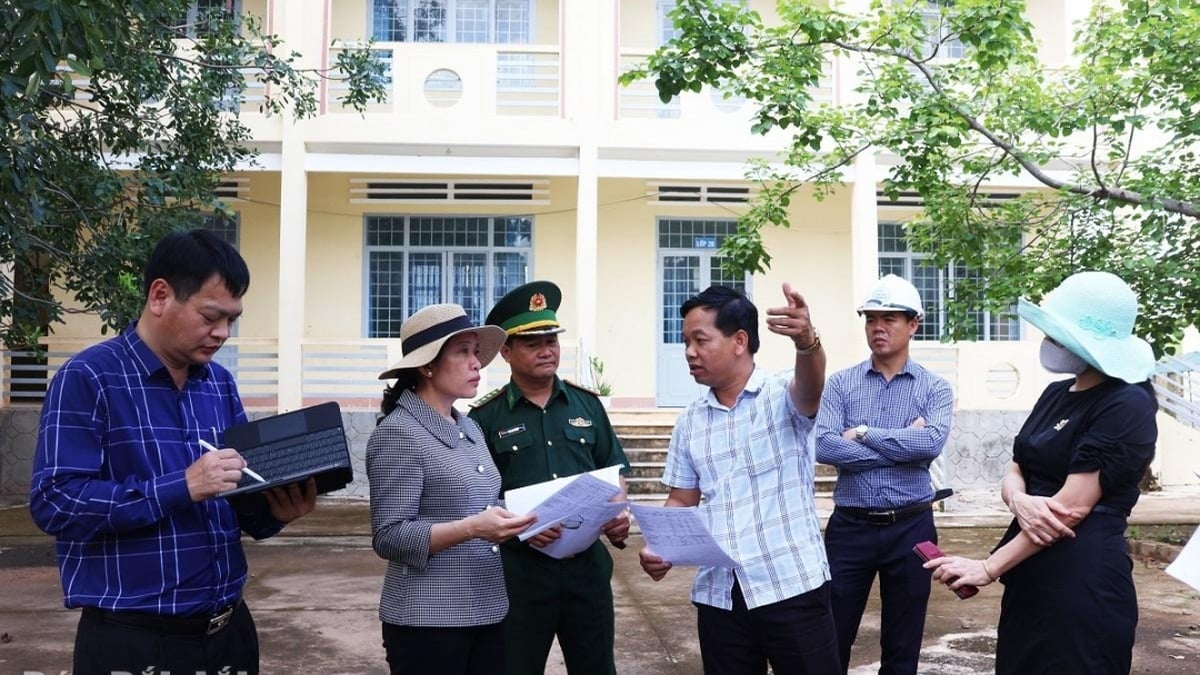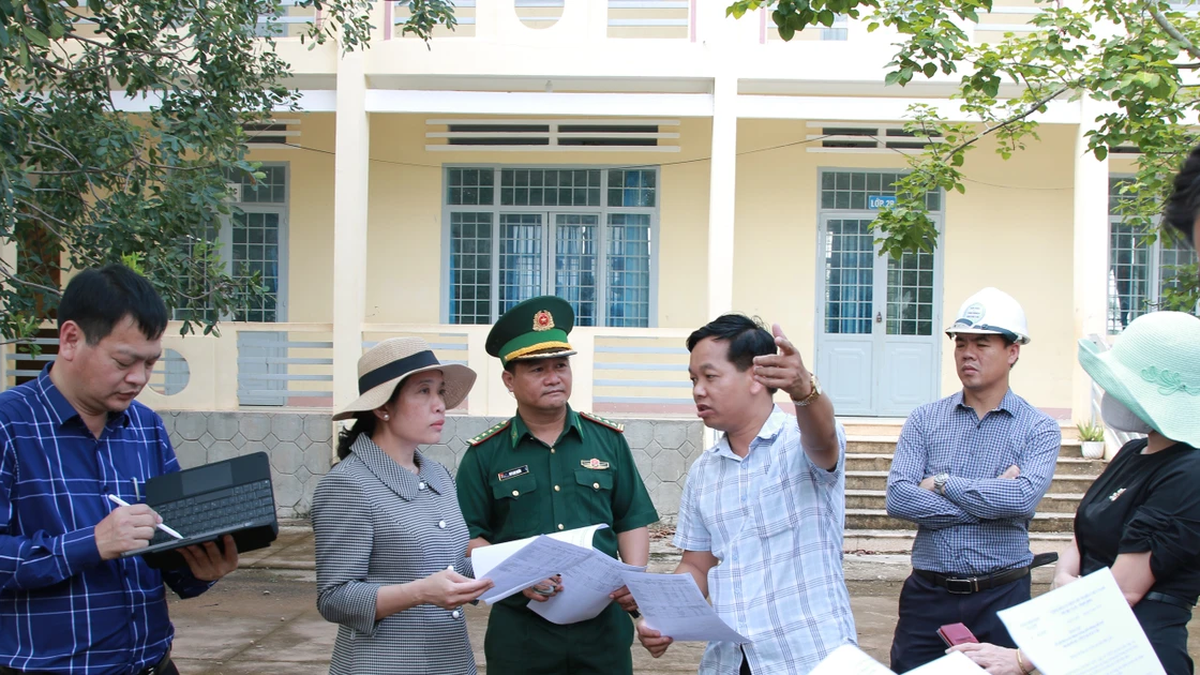Any trip has its pros and cons, but for those who have been to Afghanistan, it remains a place reserved for only the most daring travelers.
As the Taliban took control of the country in August 2021, declaring the end of the war, daily life in Afghanistan remained a matter of concern for many.
Many people still think Afghanistan is under lockdown. According to CNN, that is not entirely true. Airports and border crossings are open. Kabul and other towns are starting to bustle. Shops and restaurants are open to the public. There is no electricity, but generators are still running in hotels and homes of people who can afford it.

Despite advice from many governments to stay away, many tourists still come here. Croatian travel blogger Kristijan Iličić is one of them. He arrived in 2020 and has kept in touch with a few locals. Iličić is curious to see how life here is different now than when he last visited. “I want to see how my friends coped under the Taliban,” he says.
In fact, they may not be able to cope. The United Nations estimates that some 22 million people, about 50% of the population, need urgent food aid after facing the worst winter in 15 years.
How to get to Afghanistan?
The largest hub for flights to and from Afghanistan is the UAE. There are about 16 flights per week to Kabul International Airport from Dubai, and another three from Abu Dhabi. There are also direct flights from Istanbul (Türkiye), Islamabad (Pakistan) and Jeddah (Saudi Arabia). Land border crossings with Uzbekistan, Iran and Tajikistan are also open.
However, visitors cannot simply pack their bags and board a plane. Vietnamese visitors need to apply for a visa. There are fewer Afghan embassies around the world than there were two years ago. Iličić said it cost $500 to get a visa (issued within 24 hours) from the Afghan embassy in Dubai.
Security remains a concern as the country continues to be hit by frequent attacks from the terrorist group ISIS. Due to numerous international sanctions, the country still faces hunger, a weak health care system, worsening sanitation and frequent natural disasters.
Travelers who have problems may not be able to get help from their home country’s embassy because of the country’s sensitive political situation. In exchange, they can purchase travel insurance, which can be more expensive. In some cases, travelers will not be covered if they are traveling to a country that has been placed on a “no travel” state by the government, according to Andrew Jernigan, CEO of a travel insurance company.

James Willcox, co-founder of travel company Untamed Borders, has been leading tours here since 2008. He last visited Afghanistan in the fall of 2022. "Overall, the country has become a lot safer since I arrived," he said.
Tourists have many types of accommodation to choose from: hotels in big cities, hostels in rural areas and camping. In places without restaurants and cafes such as rural areas, you can choose to have dinner at local people's homes to avoid the risk of going out at night. In terms of transportation, tourists can use cars to travel within the country.
On their second visit, both Willcox and Iličić were able to visit new parts of the country. One of these was the Minaret of Jam, a UNESCO World Heritage site in the remote province of Ghor. As is customary in rural areas, visitors need to seek permission from local authorities before visiting. It is often more difficult to get permission on a Friday, when people take the day off to pray.
There are still security checkpoints around Afghanistan, although they are now manned by Taliban soldiers rather than foreign troops. "One of the most striking things about the checkpoints is that the Taliban don't pay much attention to us," Willcox said.
Iličić says the Taliban seem to be interested in his blog, and see it as a good PR opportunity. At one checkpoint, he was even invited by soldiers to drink tea and chat. "They (the Taliban) are trying to project a good image of themselves to the world," Iličić says. That's why local authorities easily approve his visits everywhere.

When it comes to women, it's a different story.
There is a reason Iličić, who often travels with his wife Andrea, went to Afghanistan alone. The Taliban have strict rules and restrictions on women. Willcox's clients often ask him about what to wear, especially headscarves. When leading tours, Willcox always brings appropriate clothing to provide for his guests. Local law requires women to be accompanied when going out. So Willcox always asks female guests not to leave the hotel alone. But in return, female tourists can freely chat with local women.
Every trip has its pros and cons, but Afghanistan is still a destination for only the most daring travelers. “While not the most dangerous country in the world, it is not safe. My advice is to do your research, hire an experienced local guide, respect the culture, be kind to people, and follow the rules,” says Iličić.
According to vnexpress.net
Source


































































































Comment (0)